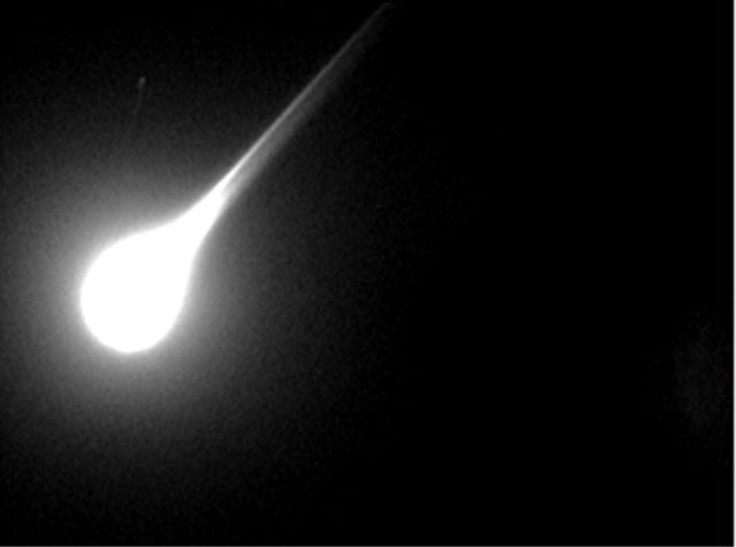Asteroid Tracker: Video Shows Meteor Fireball Lighting Up Ontario Sky [WATCH]

The Canadian province of Ontario was lit up by a meteoroid as bright as a full moon. Given the size of the fireball, experts believe it may have caused meteorites to strike Earth.
The meteoroid, which is a space rock that travels across outer space, was witnessed during the early morning of July 24. The amazing footage of the fireball it caused was captured by the cameras mounted by Canada’s Western University from southern Ontario to Quebec.
Based on the footage, the meteoroid flew over Lake Ontario at around 2:44 am EDT at an altitude of about 60 miles. It proceeded northeast over the towns of Clarington and Peterborough before disappearing near Bancroft.
Although the meteoroid made the stunning display over Canada, it may have been witnessed by people from the U.S. as well due to the several recent reports made in the American Meteor Society. Many of these reports were made on July 24.
According to experts, the meteoroid has a diameter of about 12 inches. Due to its large size and low altitude, experts believe some of its fragments may have turned into meteorites and hit the ground.
“We suspect meteorites made it to the ground because the fireball ended very low in the atmosphere, just to the west of Bancroft, and slowed down significantly,” Western University professor Peter Brown said in a statement. “This is a good indicator that material survived.”
Brown noted that finding meteorites would provide valuable information regarding the formation and evolution of the Solar System.
As for those looking to track down the crashed meteorites, Western University noted that these space rocks can be easily identified due to their certain characteristics.
“Meteorites can be recognized by their dark, often scalloped exterior,” the university stated. “Usually they will be denser than a normal rock and will often be attracted to a magnet due to their metal content.”
“Meteorites are not dangerous,” Wester University added. “If recovered, it is best to place them in a clean plastic bag or wrap them in aluminum foil. They should also be handled as little as possible to help preserve their scientific value.”
© Copyright IBTimes 2024. All rights reserved.





















